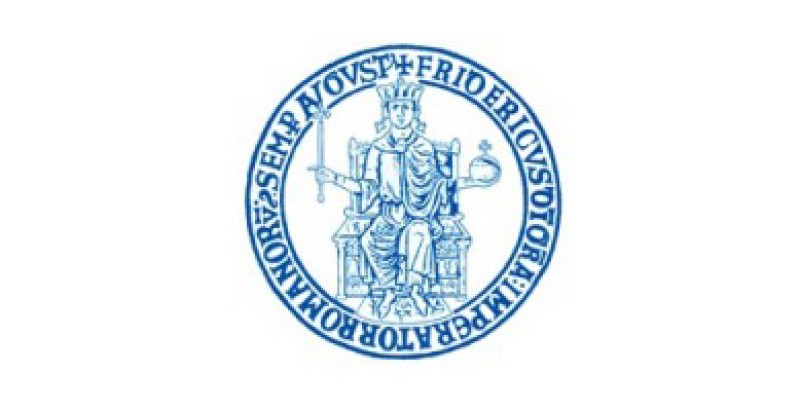Sub-theme 37: Agents, Actors and Actorhood: Institutional Perspectives
Call for Papers
Institutional theory entertains varying, if not conflicting, perspectives on the relationship between institutions and actors. An early insight of neo-institutional analysis showed the institutional construction and embeddedness of actors: the rationalization of environments in a variety of social domains facilitates the emergence and construction of individual and collective actors. From this perspective, agency is a modernist form of authority and focuses on enactment as the primary causal relationship flowed from rationalization to actors.
The focus on the role of actors in institutional
change, however, reverses the causal structure: actors are the main driver of change. Reacting to the earlier phenomenological
line of thought, subsequent explanations accentuate actor-driven institutional change, focusing on how actors creatively engage
in recombination and transposition of existing materials to generate novel practices, meanings, and structures, and even change
institutions themselves. In institutional theory, therefore, actors can be either strategic actors or enactors; and institutions
can range from those that result from human design and agreements to others that are more cultural and cognitive in nature
and vary in the extent to which they are susceptible to agentic intervention and change efforts. In short, the range of institutional
perspectives extends from focus on agents to actors to actorhood.
This diversity in institutional theory is intellectually
significant, but has not been acknowledged explicitly. Although institutional theory has been infused with a realist conception
of actors, most analyses rarely state the ontological assumptions of actors and institutions, and this lack of clarity has
hindered a systematic understanding of the relationship between institutions and actors. The goal of this sub-theme is to
assemble a discussion on the place of actor in institutional theory. In doing so, we follow a promising lead seeded by Padgett
and Powell (2012) in The Emergence of Organizations and Markets, brining together diverging strands as a "matter
of time scale": "In the short run, actors create relations, and in the long run, relations create actors" (pp. 2–3). Highlighting
the historical emergence of actors, they remind us not to take actors as given. At the same time, the "relations" that create
actors vary across time and space, generating a variety of constellations of actors in a given social space.
As part of an effort to move beyond the conflicting approaches to the relationship between institutions and actors, we invite
empirical and theoretical papers on the issues listed below and other related and relevant concerns.
- Emergence, construction, and categories. New categories of social actors now inhabit many social domains. In certain areas of science, academics become entrepreneurs. Universities and nonprofit organizations become more goal-oriented and strategic. States have long been main actors driving development. In the transnational spheres, a variety of organizations proliferate to (re)present a myriad of rights, interests, and capacity. What are the processes and mechanisms through which actors emerge and evolve? What are the institutional conditions giving rise to different categories of actors? Under institutional complexity, how is the constitution of actors influenced by conflicts and contradictions among co-existing and contending models?
- Institutional maintenance and change. Operating in an institutionalized field, how do actors actively participate in institutional maintenance or change? What is the nature of institutions that are targets of agentic activities? How and why do the performative aspects of maintenance (from routine enactment to active policing and sanctioning) vary across institutional settings? What role do actors play in institutional changes across these different contexts? And, what are the models, or referential categories, for the enactment of actorhood?
Reference
- Padgett, J.F., & Powell, W.W. (2012): The Emergence of Organizations and Markets. Princeton: Princeton University Press.


